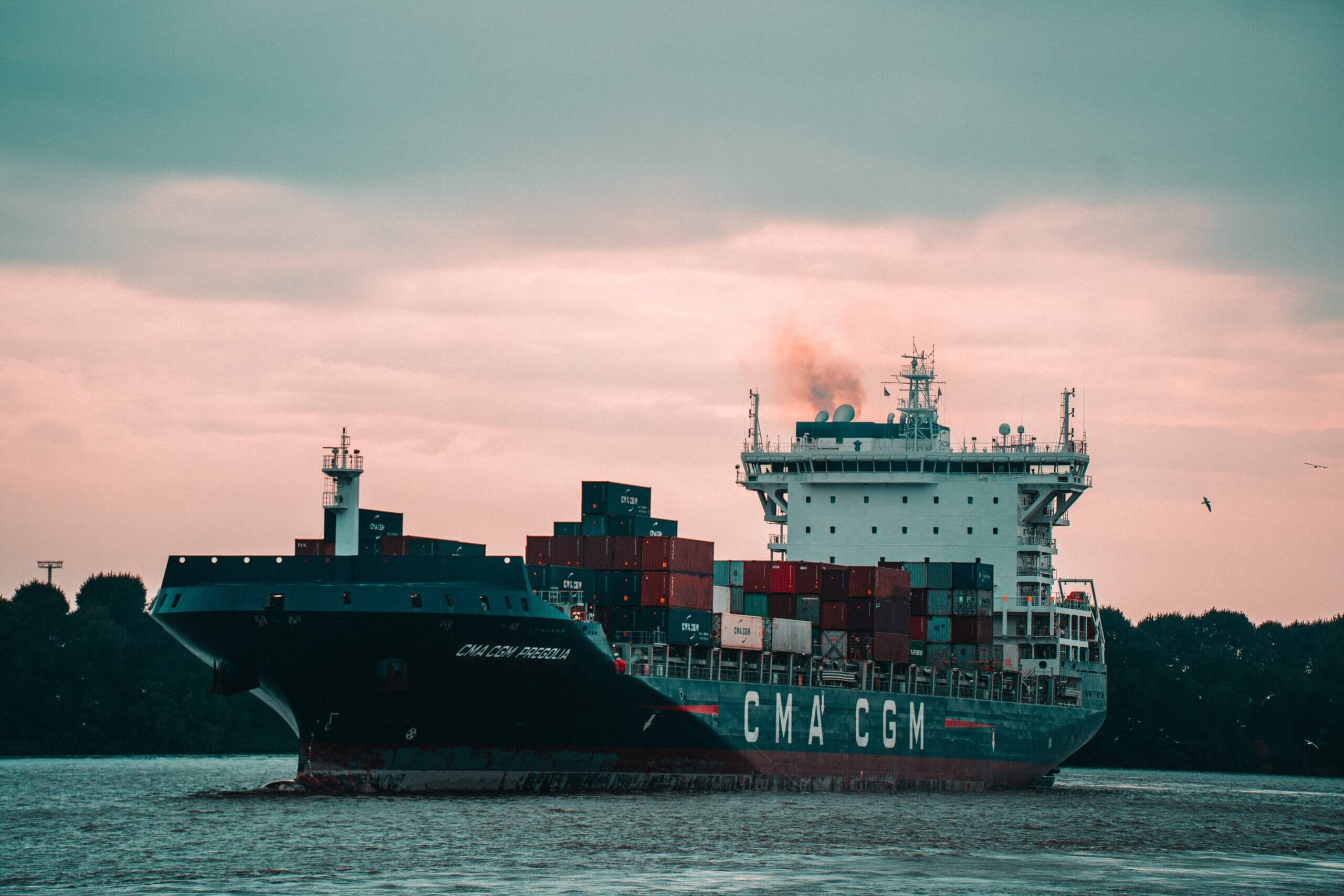
primer domain was triggered too early. This is usually an indicator for some code in the plugin or theme running too early. Translations should be loaded at the init action or later. Please see Debugging in WordPress for more information. (This message was added in version 6.7.0.) in /home/ikq167bdy5z8/public_html/propertyresourceholdingsgroup.com/wp-includes/functions.php on line 6114The Covid-19 pandemic showed how weak global supply chains are, making them a common topic of conversation among ordinary Americans.

Americans have had trouble getting essential items like toilet paper, disinfecting wipes, and bottled water, and they have also had to wait a long time to get things like furniture and exercise bikes. As pictures of empty store shelves and ships backed up in ports became more common, calls for stronger, more reliable U.S. supply chains grew.
If U.S. supply chains are to be strong and reliable, they also need to be able to last for a long time. Each step in the supply chain, from getting sustainable raw materials to delivering the product in a way that doesn’t release a lot of pollution, can be looked at to see how it affects the environment. Sustainable supply chains not only protect global value chains in times of crisis, like a pandemic, but they can also improve overall productivity and help businesses waste less. In order to solve the climate crisis, everyone in the supply chain needs to realise that relying on fossil fuels for most of the activities in the supply chain is not a long-term solution.
In 2020, 27 percent of all greenhouse gas (GHG) emissions in the United States came from the transportation sector. More than a third of these emissions came from the transportation of goods. Since transportation services are in charge of moving global trade, these supply chain services industries are becoming more and more important to solving both the climate crisis and the supply chain crisis.
The public and private sectors must work together to move the needle forward.
The Biden-Harris Administration has put a lot of effort into strengthening and making U.S. supply chains more stable. In November 2021, Congress passed the Bipartisan Infrastructure Law of the Biden-Harris Administration, also known as the Infrastructure Investments and Jobs Act (IIJA). This law spends $17 billion to update infrastructure at land, water, and coastal ports of entry.
The Administration has also worked closely with the private sector to set ambitious goals for the freight logistics industries. For example, in September 2021, the Sustainable Aviation Fuel (SAF) Grand Challenge was announced. The SAF Grand Challenge aims to get the U.S. to make at least 3 billion gallons of SAF every year by 2030 and 35 billion gallons of SAF by 2050. This is enough to meet all of the expected demand for aviation fuel in the U.S. in 2050.
Part of the solution is for the government to take steps, but the private sector must also take steps to make the supply chain more sustainable. In all freight transportation industries, including air, sea, rail, and truck, U.S. businesses have promised to make the domestic supply chain both more reliable and more environmentally friendly.
ITA’s Efforts to Make the Supply Chain More Sustainable and a New Report
The ITA’s Office of Supply Chain, Professional and Business Services (OSCPBS) works to address policy and regulatory issues to make sure that the U.S. supply chain system will be one of the greenest and most sustainable in the world, making it easier for goods to move across the country and around the world. This is done to help U.S. supply chain businesses find opportunities and problems. We find out what’s new in the U.S. supply chain sustainability industry. Using this information, we help businesses reduce their carbon footprint and work to make sustainable transportation and logistics services in the United States more competitive.
The ITA’s OSCPBS recently put out a report called “Supply Chain Sustainability Report.” It looks at key trends and public and private sector initiatives for a more sustainable future across the major modes of freight transportation. It also talks about how the Biden-Harris Administration and industry have worked together to set ambitious goals to reduce emissions, which is an important step toward making progress. It says that fuel technologies are an important area for U.S. freight companies to research and invest in, and it gives examples of things that are happening right now. It also says that even though the private sector has been coming up with more ideas to fight climate change, there is still a huge need for strong regulatory and market incentives to speed up the process of decarbonizing the freight sector.